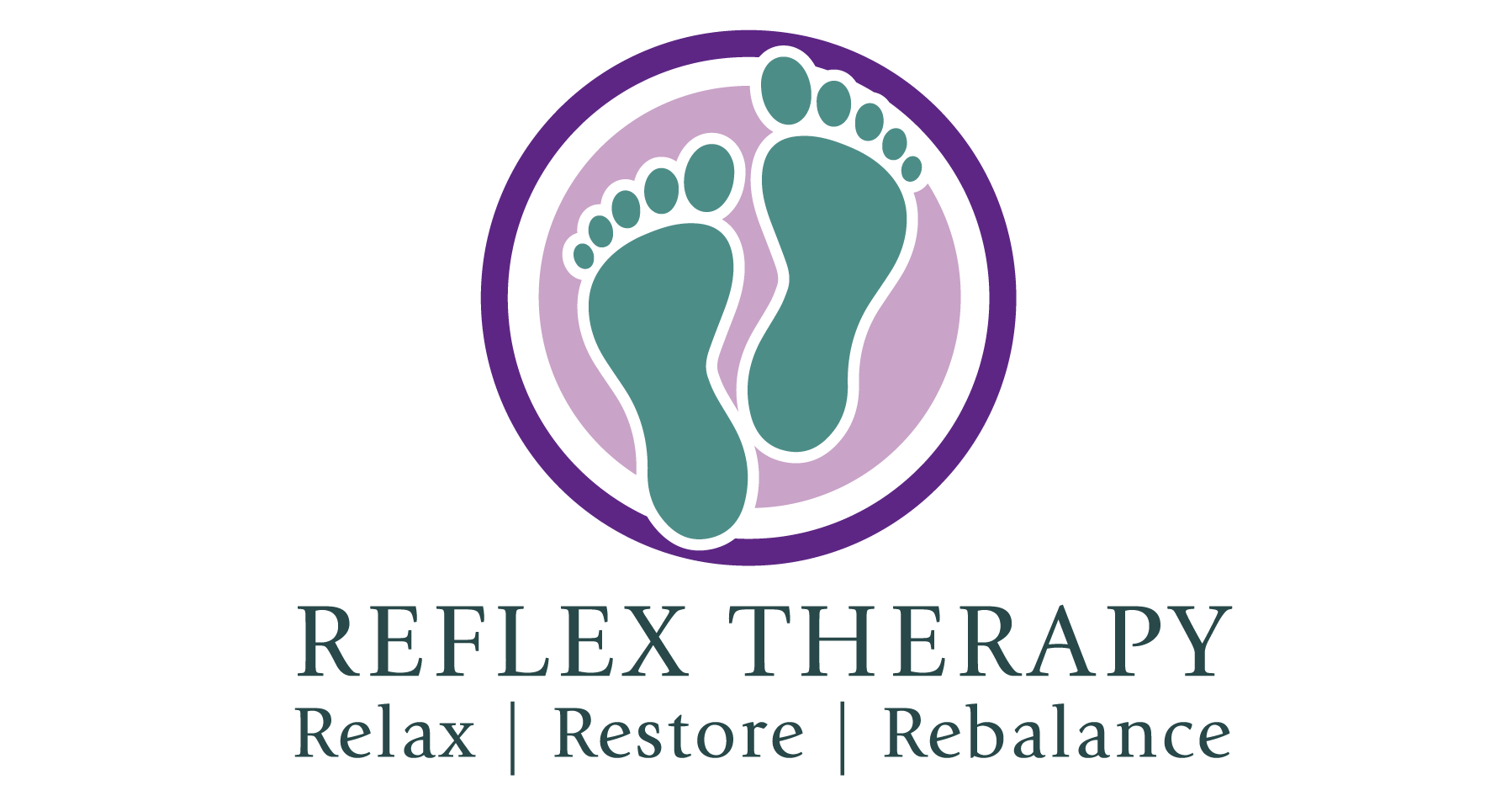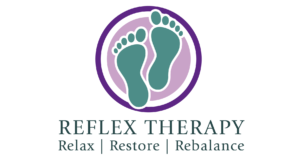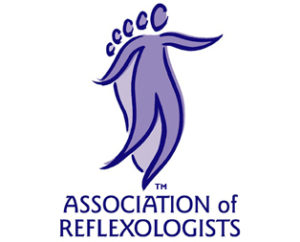Reflexology is a complementary therapy; it can be used to support conventional medical treatments but should not be used as a replacement.
How can Reflexology help ?
It is acknowledged that stress is linked to 75% of illness and disease. If we can encourage relaxation and restore a sense of balance and wellbeing to our bodies, we support both our physical and emotional health. Lifestyle changes can help promote a healthy immune system with many long-term health benefits.
Some conditions that can benefit from Reflexology:
- Stress, anxiety, depression.
- Sleep disorders.
- Hormonal imbalances
- Migraines.
- Digestive issues.
- Pain management
- Asthma and skin conditions
What to expect from a reflexology treatment?
A Reflexology treatment will usually last for 50 mins. It can be carried out on the feet, hands or face. The first treatment will last approximately an hour, as a medical history will need to be taken first. We will then discuss how best the treatment can help you. This may be to support an on-going medical condition or may simply be a beneficial deep relaxing massage to help you unwind and rebalance.
The therapist will then get you seated into a relaxed position, usually on a couch or reclining chair you may listen to relaxing music of your choice or simply just take the time to relax. It is your treatment and you choose how you would prefer to receive it. Soft pillows, blankets and towels will be used to enhance the relaxing experience. The feet are then massaged, and specific areas and points are worked on. An oil or balm will be used during the treatment. It is important that you advise your therapist of any allergies you may have.
The whole experience is a thoroughly relaxing and rejuvenating.
Aftercare advice.
On completion of your treatment you will be given aftercare advice on what to expect in the following 24 hours. Everyone will react differently to their reflexology treatment. It is therefore important to be aware of some of the aftereffects that you may experience in the 24 hours following a treatment.
It is not uncommon to experience minor symptoms such as:
- Increased thirst.
- More frequent urination, bowel movements.
- Fatigue.
- Deeper, more restful sleep.
- Increased emotional response, feeling tearful or low
- A temporary increase in previous symptoms.
- Nasal congestion.
- A mild headache.
These are all normal and are part of the bodies way of eliminating toxins and rebalancing itself. The symptoms will usually subside within 24 to 48 hours. During this time, clients are advised to drink plenty of water, about 2 litres, to aid this process and hydrate the body. Alcohol and caffeine should be avoided for at least 24 hours after a treatment. Should any symptoms persist longer than 48 hours it is advisable to contact your GP.


